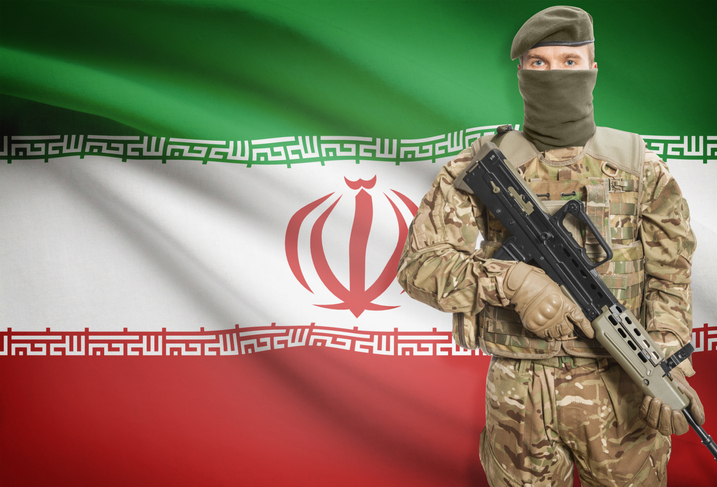
Posted On : Dec 17 2020
The Quds Force : Iran`s Enigmatic Military Unit Shaping Regional Dynamics
The Quds Force, a secretive and elite military unit within the Islamic Revolutionary Guard Corps (IRGC), has gained notoriety on the international stage for its covert activities and influence in the Middle East.

Founded in the early 1980s, the Quds Force plays a crucial role in Iran's foreign policy, working behind the scenes to support proxy groups and expand the Islamic Republic's influence throughout the region.
The Quds Force was established in the wake of the Iran-Iraq War (1980-1988) to counter external threats to the Iranian regime and to advance its revolutionary ideals beyond its borders. It operates independently from the regular armed forces and answers directly to Iran's Supreme Leader, currently Ayatollah Ali Khamenei. For many years, the unit was under the leadership of Qassem Soleimani, who played a pivotal role in its expansion and influence. After Soleimani's assassination in 2020, Esmail Ghaani assumed command.
The Quds Force is known for its clandestine operations, including training and providing support to various militant and proxy groups in the Middle East. Hezbollah in Lebanon, various Shiite militias in Iraq, and Houthi rebels in Yemen have all benefited from Iranian assistance channelled through the Quds Force. This support ranges from training and weaponry to tactical guidance, allowing Iran to exert considerable influence in the conflicts of these nations.
The ongoing conflict in Yemen provides a clear illustration of the Quds Force's involvement in regional politics. Iran, primarily through the Quds Force, has supported Houthi rebels against the Saudi-led coalition. Iranian support has included the provision of weapons, technology, and military training, significantly prolonging the conflict and further destabilizing the region.
The Quds Force's activities have far-reaching implications for the geopolitical landscape of the Middle East. Iran's support for proxy groups through the Quds Force is viewed with concern by neighbouring countries and Western powers. These activities have contributed to instability and conflicts in the region, which have had global repercussions.
The Quds Force's actions have not gone unnoticed by the international community. The United States has labelled it a terrorist organization, and both the U.S. and the European Union have imposed sanctions on the unit. These measures are part of broader efforts to curtail Iran's regional influence and deter its support for proxy groups.
As the Quds Force continues to play a significant role in Iran's foreign policy, it is unlikely to see a reduction in its influence in the near future. The unit's operations and support for proxy groups will remain central to Iran's regional strategy. However, its activities will likely continue to be a source of tension and conflict in the already volatile Middle East.
The Quds Force, an enigmatic and elite unit within the Islamic Revolutionary Guard Corps, has become a key player in the geopolitical dynamics of the Middle East. Its covert operations and support for proxy groups have elevated Iran's influence in the region, but they have also drawn international condemnation and sanctions. As long as the Quds Force remains an integral component of Iran's foreign policy, it will remain a significant factor in regional conflicts and international relations. Its actions and influence will continue to shape the Middle East's complex and ever-evolving landscape.
No Comments Added




















